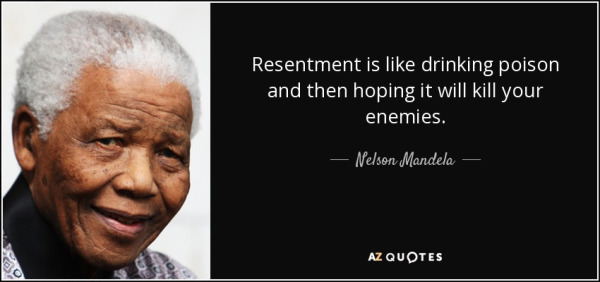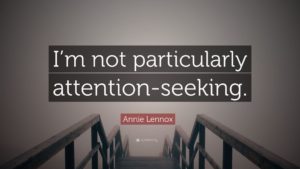Resentment in home care responsibilities is a common feeling. Please do not be afraid of the word and know that is a normal feeling between loved ones.
Nelson Mandela says it best with his quote, “Resentment is like drinking poison and then hoping it will kill your enemies.”
What does this mean? You can hold anger, or feelings of disrespect in your heart with hopes that one day the person or persons will understand your pain and you will be rewarded for all of your work. Yet the real truth is, the anger builds and no one notices nor cares.
When it comes to home care, there usually seems to be one family member who handles the bulk of the care. Most times there’s no reason or rhythm on why it’s this person.
Sometimes it’s based on location — maybe that family member lives closest, or maybe they are the only female child, or the oldest child, perhaps the wealthiest or the least wealthiest and they feel their contribution is their labor to support mom and dad.
In any case there’s a person or a couple who are doing the running around to appointments, the grocery shopping, the household tasks, the laundry, the yard work — the list could go on. In the end, someone feels injured because they are doing the brunt of the work without support from the rest of the family.
I want to address both parties in this blog: the doer and the other family members
The Doer
If you are the person or persons providing the most care; and you feel like you are not receiving the deserved support from the family. My question: is have you asked the family for help?
You think it obvious you need help, but sometimes, it’s not so obvious. This is 2020. I know COVID-19 is on everyone’s mind, but honestly, since the mass distribution of cellphones and smartphones there’s seem to be a lack of concern for others. These days, “It’s all about me.” We are all doing more with less. We are all so busy it’s hard to notice anyone else’s issues.
No ones means any harm, but life is full and sometimes running like a fright train to meet a deadline. What this means is if you do not tell people you need help, they can’t see it because they are too caught up in their busy lives.
Steps you need to take to get help:
- Ask for help.
- Be specific about the type of help you need.
- Repeat yourself several times. Don’t just ask once.
- Ask for a brainstorming session, perhaps there are community services available to assist.
The Other Family Members
Family or close friends who know Mom or Dad have been diagnosed with a chronic disease, or knowing their loved ones have celebrated 80+ birthday, it’s time to start asking questions and noticing any changes in their health and lifestyle.
Again, you need to ask questions.
Ask if is there anything you can do to help, even if it’s just listening while they vent for 60 minutes on mom’s newest infatuation with TV remote controls. You have not lived life until you search for the TV remote which was hidden by a person who doesn’t remember hiding the remote, and even better, has reprogramed the darn thing to not respond to the TV or cable box.
Steps you need to take to get involved:
- Ask questions.
- Listen for the answers.
- Be prepared to listen through the emotions before you can get to the facts.
- Set a schedule to check back-in. Caregiving needs change overtime, so be prepared for the next steps.
It’s time to start talking. Caregiver burnout is real and when it happens it makes a difficult problem turn into an even tougher one. It’s never to early to start talking and it’s never too late.
Stay Inspired,
Shonda


